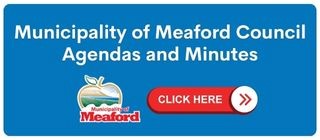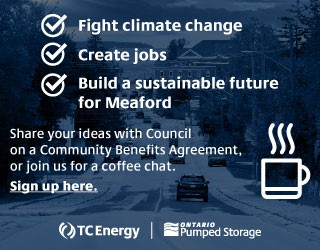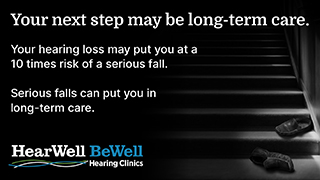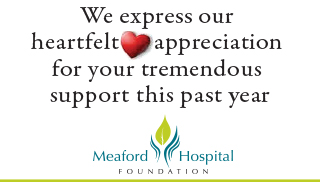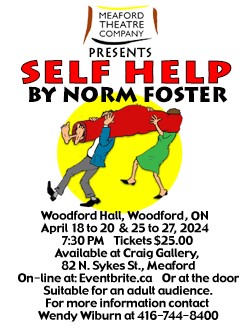Mr. Editor,
In response to the freedom convoy protests, I would like to summarize the excellent opinion piece in the Globe and Mail on February 22 by Beverley McLachlin, a former justice of the Supreme Court of Canada. (All in italics below is a paraphrase of her piece.)
Justice McLachlin reminds us that freedom is an empty word unless you ask further questions, including, “Where do my freedoms end and the freedoms of others begin?”
The Canadian Charter of Rights and Freedoms gives Canadians a bundle of rights and freedoms. But they are not absolute. The Charter proclaims that governments can limit freedoms, provided the limits are “reasonable” and can be “justified in a free and democratic society.”
Our Constitution grants our duly elected representatives and the executive branch of government the responsibility to maintain “peace, order and good government” for the good of all. But, as McLachlin points out, governments are not free agents. They are accountable to the people who can vote them out at the next election, and they are accountable through the courts. While these mechanisms may not be immediate, they work in the long run.
True freedom – freedom subject to reasonable limits that allow us to live together – is essential to a peaceful and prosperous future for us all. Freedom, misconstrued as license to do and say whatever one wants, is dangerous. Let’s not allow the freedoms we cherish to become distorted by those who wish for freedom without limits.
I am grateful to have this thoughtful reminder of why there are limits to our personal rights and freedoms. And thankful that the large majority of Canadians still believe in and live by the values outlined in our Charter. I hope that we will remember these values when considering other pressing issues that are facing our country. We are all in this together.
Respectfully,
Lesley Lewis, Meaford



